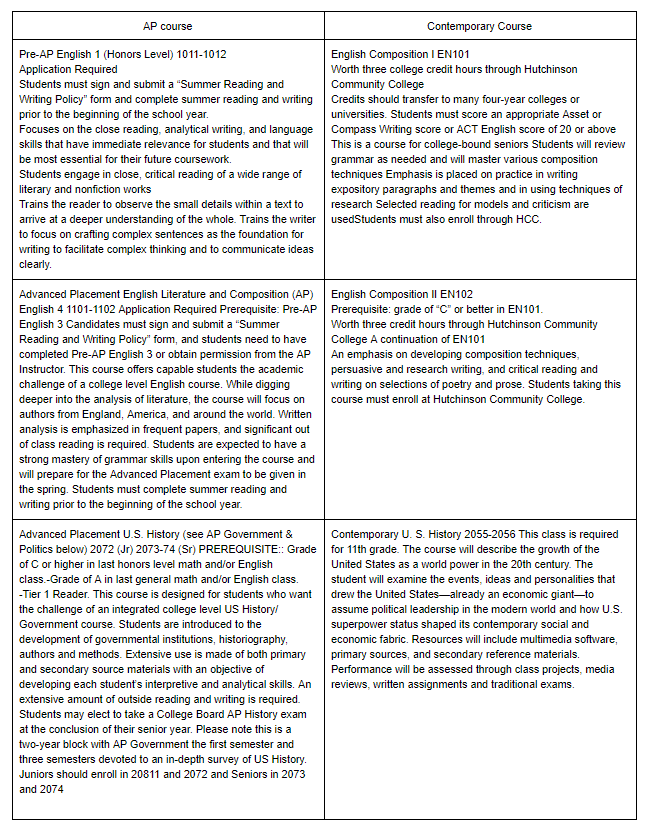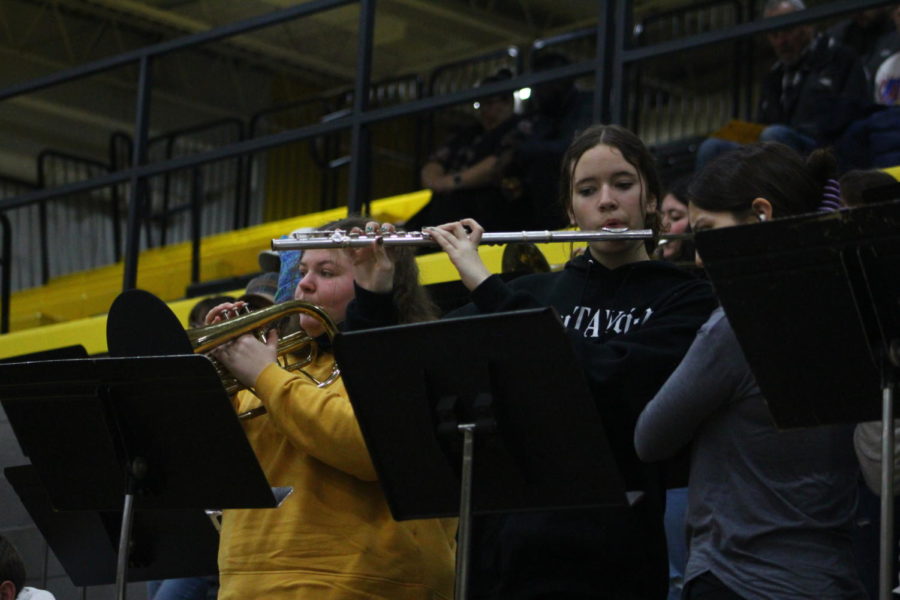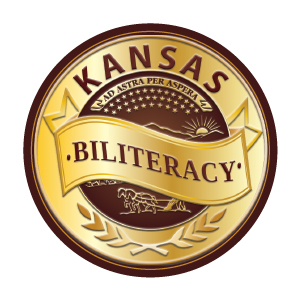AP vs Dual Credit classes
February 20, 2020
After a student’s first few years of high school, they are faced with a difficult decision: whether to take dual-credit classes, honors/Advanced Placement classes or general classes. All courses offer a variety of benefits and weaknesses, however, the decision is best advised to be based on future career and or college plans.
Offered through Hutchinson Community College (HCC), Comp I/II is a course in which NHS students can participate in what is known as a dual enrollment program. Students are enrolled in two programs at the same time, high school English and college-level composition. About 50% of the curriculum is said to come from the senior English curriculum and about 50% of the curriculum is said to come from the freshman composition course. Students must enroll and be accepted in HCC and those who earn at least a C in the course will earn 3 credit hours per semester. Similar to a regular college student, students must pay tuition which is approximately $91 per credit hour and an estimated $546 to take the HCC Comp I/II classes. According to General English III, Pre-AP/Honors English III and Advanced Placement English Literature teacher Cathlina Bergman, these credits should transfer to most Kansas colleges because most Kansas colleges are familiar with Hutchinson Community College and its programs.
“As I tell my juniors, it just depends on their post-graduation goals,” Bergman said. “If a student intends to stay in Kansas, then the Hutchinson Dual Enrollment class should be fine.”
The Advanced Placement English Literature and Composition course, abbreviated to AP Lit, is the equivalent of a college-level literature course; a course usually taken as a sophomore or junior in college. This course focuses on the analysis of literature with the study of short stories, poems, novels and plays. Analytical essays are then written over the texts read. In preparation for the AP exam, this course also consists of timed, in-class writing. Students earn high school credit for their work throughout the year and their college credit is based upon their performance on the AP exam. Students are given a score of 1-5 and most colleges and universities require a score of a 3 or higher for credit. Each college and university, however, has their own policy. The AP exam costs $94 to take but students are not required to take the test. Senior Hanna Brown began her high school journey taking honors classes and pursued the honors pathway onto Advanced Placement courses.
“I have always taken honors courses throughout high school, so it was just a given I would take AP courses,” senior Hanna Brown said. “I really enjoy AP courses, because it gives you a glimpse into how college classes will be. There is also a test at the end of the class you can choose to pay and take and if you pass the test you can get college credit for it.”
For some students such as junior Lyric Douglas, take a variety of general and honors/AP classes to adapt to her strengths and weaknesses. Douglas said that adapting her schedule to her strengths and weaknesses is also good for her in the interest of her grades.
“Personally, I take general classes in subjects I know I struggle with,” Douglas said. “It’s easier than trying to keep up with an advanced version of the subject. I take honors courses and I plan to take a couple AP classes next year in subjects I know I do well in because I get bored easily. If I lose interest in a class I won’t do the work or pay attention in class.”
Included in the enrollment of AP classes such as Pre-AP/Honors English III and AP English IV is the requirement of an application. Students must sign and submit a ‘Summer Reading and Writing Policy’ form and complete summer reading and writing prior to the beginning of the school year.
“General classes and honors/AP classes both have their uses,” Douglas said. “And taking both based on your skill levels in different subjects shows you have a good understanding about what your strengths and weaknesses are. General is good for when you struggle on a subject and honors/AP is good to keep you challenged.”
The AP program is an international program. Students from all around the world take the same exam and are scored by the same group of teachers. Every college and university will recognize the program’s expectations. Since AP English IV is such a challenging course, it is required to take Pre-AP/Honors English III as a junior so students have two years to prepare before the exam.
“If a student is interested in an out-of-state college or university, then Advanced Placement is a better fit for him/her,” Bergman said. “Another consideration is scholarships: AP Lit is the toughest class we offer at NHS in our English program, so students who want to be competitive for scholarships should consider how their transcripts will compare to students from other high schools.”






















